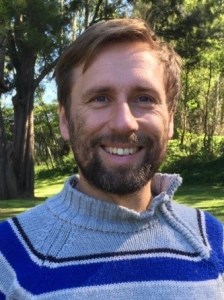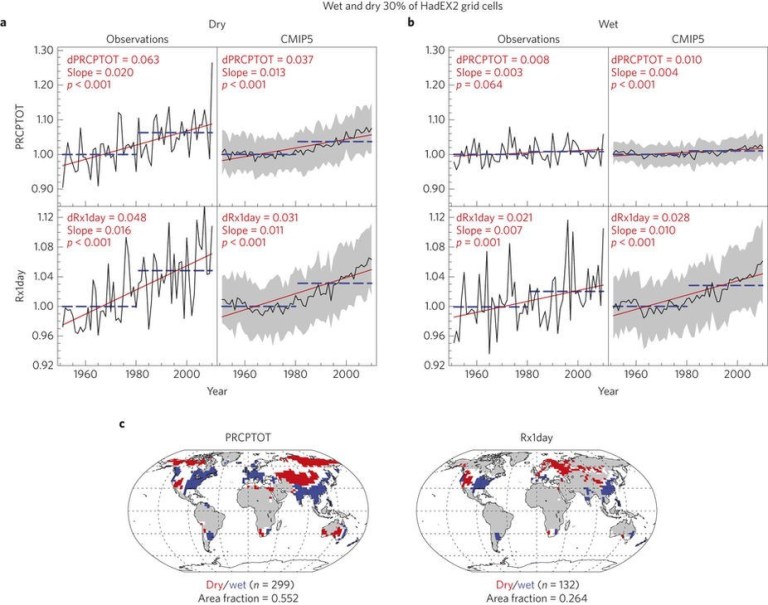Third Article of a series featuring Early Career Scientists

Author: Markus Donat
Introduced by ICCL MEMBER: Neil Holbrook
Dr Markus Donat’s research focuses on a range of topics related to understanding the variability and long-term changes in weather and climate extremes. For his research, he combines observational datasets and climate model simulations to identify robust signals of climate variability and change, and to understand the processes and mechanisms in the climate system that drive or amplify extremes.
Markus’ work has fundamentally revised the analysis of global climate extremes by providing the to-date most comprehensive assessments of how temperature and precipitation extremes have changed globally over the past century. As part of this work, Markus led a large international collaboration to develop quasi-global datasets of observed climate extremes. These datasets are now widely used by researchers and stakeholders world-wide including as the underpinning extremes data for the World Climate Research Programme Grand Challenge on Weather and Climate Extremes, and are freely available at www.climdex.org.
Markus further uses these observational datasets for model evaluation, and to identify robust features across real-world observations and climate model simulations. In recent work, published in Nature Climate Change (Donat et al., 2016, doi:10.1038/nclimate2941), he proposed a new way to compare models and observations accounting for possible spatial biases, by spatially aggregating according to climatological characteristics rather than by geographical regions.
This new approach addresses the issue that regional precipitation changes often show only little agreement across observations and models, and between different models. Furthermore, local precipitation time series often exhibit large variability, and spatial aggregation increases the signal-to-noise ratio. The issue of little agreement across models and observations is in part related to spatial biases in which climate models simulate the relevant meteorological features. Due to these biases, models may not be expected to simulate temporal changes in agreement with real-world observations when compared for geographical locations.
To circumvent these biases, his research identified the wettest and driest locations of the global land areas (measured in terms of climatological precipitation intensity), and then aggregated over all wet and dry regions separately. This approach, accounting for model-specific climatologies, has led to improved agreement between the different datasets. In particular, his research demonstrated robust increases in precipitation extremes across observations and climate models in the dry and wet regions of the world, while total precipitation amounts also increased in the dry regions but did not change in the wet regions.

Markus was awarded his PhD in 2010 from Freie Universität Berlin. Since 2011 he has been a Research Fellow at the Climate Change Research Centre at the University of New South Wales in Sydney, Australia. His research was instrumental in enabling the Intergovernmental Panel on Climate Change (IPCC) Fifth Assessment Report to assess past changes in climate extremes, for which Markus was a contributing author (Working Group I; Chapter 2: Observations: Atmosphere and Surface). He is an emerging leader having convened and co-convened sessions on extremes at the American Geophysical Union, European Geosciences Union and the Australian Meteorological and Oceanographic Society, in addition to mentoring numerous undergraduate and post-graduate students. The World Climate Research Program (WCRP) and the Global Climate Observing System (GCOS) have recently recognised the outstanding quality of his contribution to the development of climate data sets by awarding him the WCRP/GCOS International Data Prize 2017. He has over 50 peer-reviewed publications with >1700 citations and a h-index of 23. This is a remarkable achievement at his young career stage.
